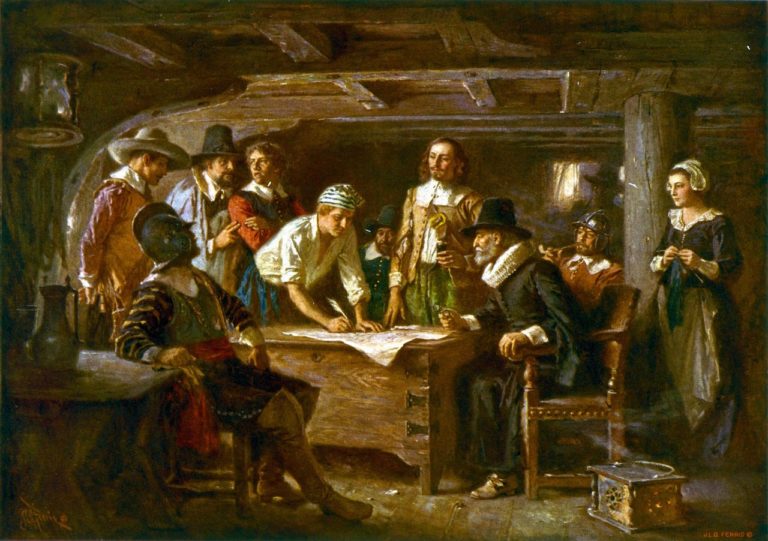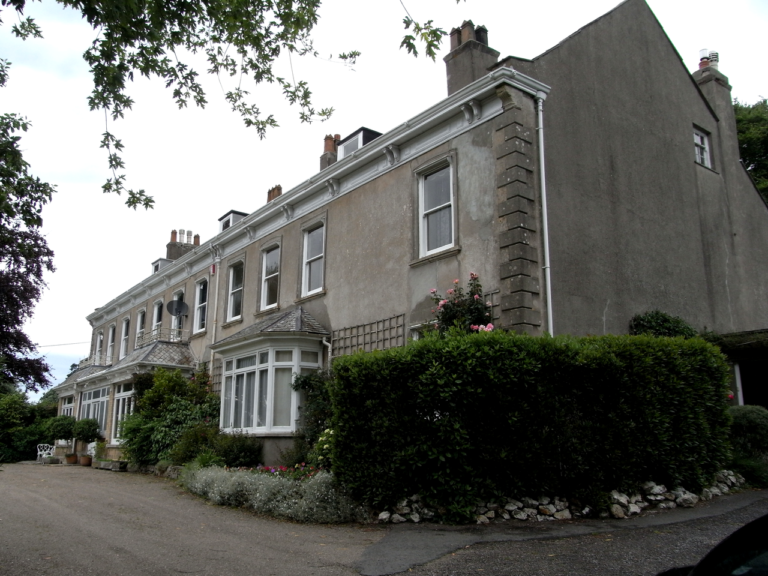Ancestral Stories- Running Away and the “Lynch Laws”
This is my 5th great grandfather, Charles Lynch, who ran away and made something of his life in America.
ANCESTRAL STORIES
This is another part of the Ancestral Stories of the Knuppel Family.
About 1720-25 Charles Lynch, a youth of about 15 or 18 years of age, ran away from his home in Galway, Ireland, and came to America. The immediate cause of his leaving home, according to the tradition repeated by his great-granddaughter, Mrs. Mary Ann Dearing, was the harsh and unjust treatment of his stepmother. According to another version, he was angered because of a punishment received at school. At any rate, soon after leaving his father’s roof, he met up with the captain of a vessel on the point of sailing for Virginia and was easily persuaded to avail himself of the opportunity of seeking his fortune in that far off land.
The ship on which he took passage was but a short distance from shore when young Lynch, his heart failing him, actually plunged into the sea and made for land. He was, however, taken up and the vessel resumed her course. On reaching America, the captain apprenticed young Lynch, for his passage over, to Christopher Clark, a well-to-do tobacco planter in what now is Louisa county, Virginia. But romance soon took a hand and Lynch lost his heart to Miss Sarah Clark, one of the four daughters of Christopher Clark, and they were finally married about 1733.
His son, Charles Lynch and my 5th Great Uncle, has been credited or blamed for the phrase and use of what is known as the “Lynch Laws.”
In 1767 Charles became a justice of the peace of Bedford County, Virginia but was disowned by the Quakers for taking an oath of office, something they were not permitted to do.
Lynch served in the Virginia House of Burgesses and the Convention from 1769 until 1778, when he became a militia colonel. After the Revolution, he served in the Virginia Senate from 1784 to 1789.
In several incidents in 1780, Lynch and several other militia officers and justices of the peace rounded up suspects who were thought to be a part of a Loyalist uprising in southwestern Virginia. The suspects were given a summary trial at an informal court; sentences handed down included whipping, property seizure, coerced pledges of allegiance, and conscription into the military. Lynch’s extralegal actions were legitimized by the Virginia General Assembly in 1782.
“Lynch’s Law,” referring to organized but unauthorized punishment of criminals, became a common phrase, as it was used by Lynch to describe his actions as early as 1782. The Oxford English Dictionary, however, notes, “The origin of the expression has not been determined.”
For more Ancestral Stories click here.
These are my relatives no matter good or bad. You can’t pick your ancestors!All of my research comes from Ancestry.



